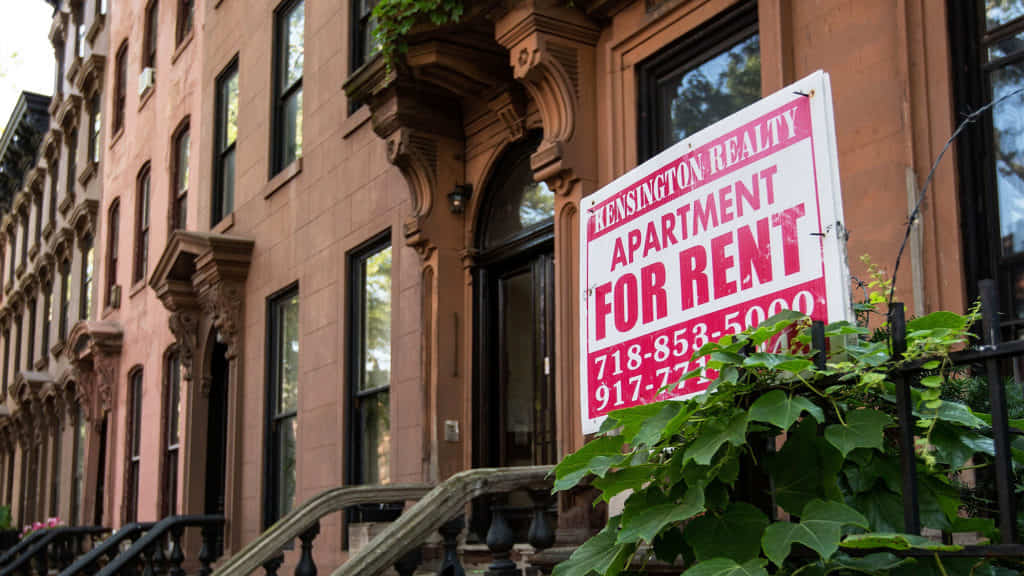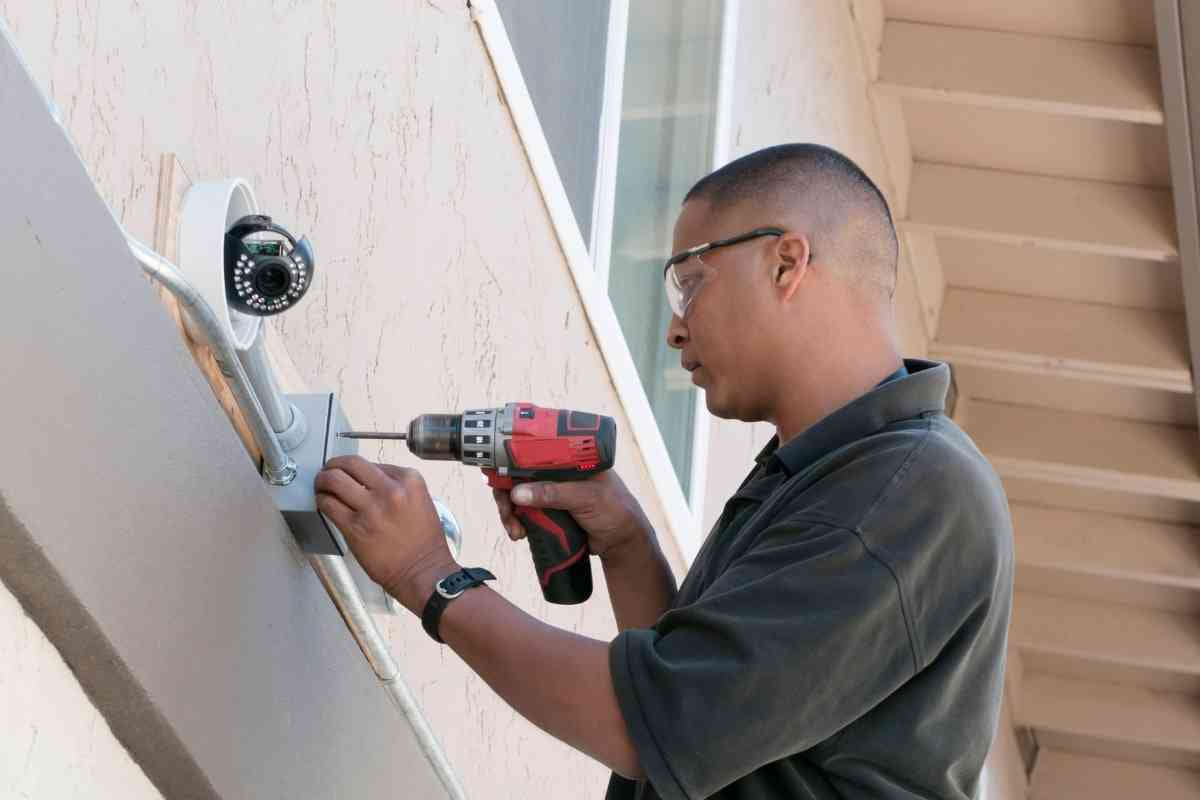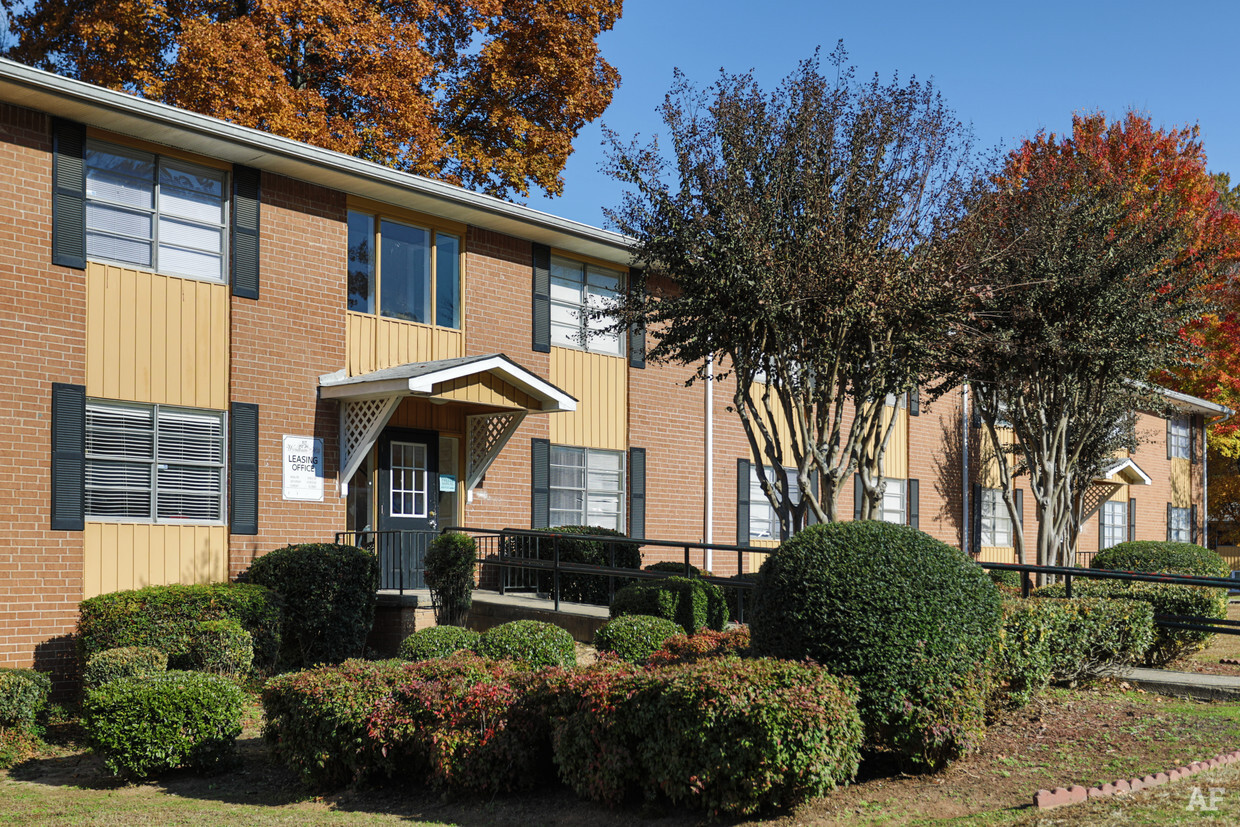Landlords are responsible for ensuring that rental properties are safe and hazard-free for their tenants. However, mistakes and negligence can sometimes occur which result in injuries.
In this article, we will explore the circumstances under which you can sue your landlord for pain and suffering.
When the tenant lives in a rented apartment
If a tenant lives in a rented apartment and is injured due to the landlord failing to properly maintain the property, the landlord may be held liable.
Landlords are legally obligated to keep rental apartments in a safe condition free from hazards. Failure to do so that results in a tenant's injury could enable a lawsuit against the landlord for pain and suffering damages.
When the tenant lives in housing owned by the landlord

Even if the housing is not an apartment but instead a single-family home, if the tenant lives in housing owned by their landlord and is injured due to negligence in maintenance or repairs, the tenant may be able to sue the landlord.
As the property owner, the landlord is responsible for addressing safety issues and maintaining safe living conditions for any tenants.
When the tenant is injured on the landlord's property
Regardless of whether the tenant resides on the property or not, if they are injured while on the landlord's property due to negligent maintenance or unsafe conditions caused by the landlord, a lawsuit for pain and suffering damages may be viable.
Landlords are obligated to keep all their property safe for any lawful visitors.
When the tenant suffers serious injury or death
More significant injuries like serious bodily harm or death that were caused by the landlord's negligence are more likely to enable a strong pain and suffering case against the landlord.
The level of damages awarded would likely be higher in these situations due to the severity of injury involved.
When a crime is committed on the landlord's property
If lack of adequate security measures or maintenance allowed a crime like assault or robbery to be committed on the rental property that resulted in the tenant's injury, the landlord could potentially be held liable.
Plaintiffs usually need to prove the crime and injury were reasonably foreseeable results of the landlord's negligence.
When an existing hazard causes harm
If an injury occurred due to negligence in addressing a known safety hazard existing on the property prior to the tenant's residence, the landlord may have liability.
Plaintiffs need to show the landlord knew or should have known of the hazard's presence and likelihood to cause harm without remediation or warning to tenants.
Conclusion
A tenant who has suffered physical or mental injury due to their landlord's negligent actions or omissions may be able to sue their landlord for pain and suffering damages. However, the specifics of the circumstance, extent of injuries, and applicable laws in the state where this occurred all factor into whether recovery is possible or not.





